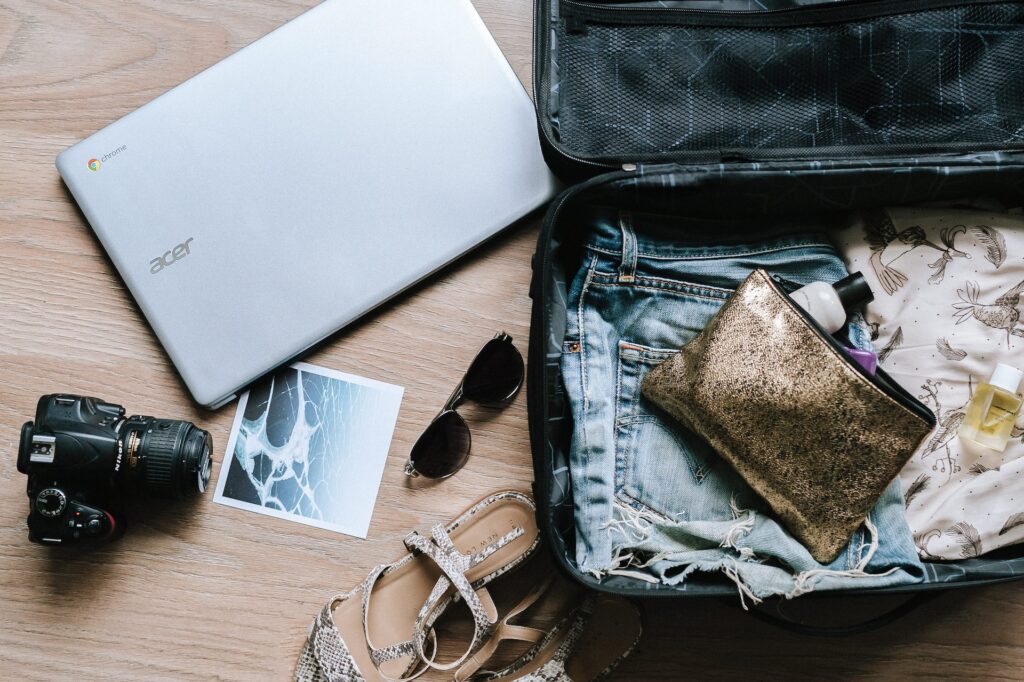When on holiday, most of us tend to let our guard down, relax and immerse ourselves in the new and exciting surroundings. Unfortunately, accidents can happen when we least expect them, causing us to sustain injuries that can ruin our trip or even have longer-term, more serious consequences.
In the event of something unfortunate, the fact you’re in a foreign country can make matters somewhat more complicated. In this article, we’ll be discussing what to do if you get injured while on holiday or abroad and how to protect yourself legally and financially.

Source: Unsplash
Seek medical attention
If you get injured while on holiday or abroad, don’t hesitate. It’s important to seek medical attention immediately if you’re in trouble. Not only will it help you recover faster, but it will also provide you with documentation that will be necessary if you decide to make a personal injury claim if you want to.
Some people worry that they may have to pay medical costs but this is why you should have sought out travel insurance before travelling, too. A survey conducted by AllClear Travel Insurance found that 1 in 5 travellers do not purchase travel insurance, many of whom run the risk of being liable to cover their emergency expenses.
Report the incident
After seeking medical attention, report the incident to the local authorities and your travel insurance provider, especially if you feel the incident was caused by a form of negligence, perhaps by a local guide, a business owner or hotel staff, for example. These kinds of people have a duty of care they must honour.
If the incident occurred at a hotel, restaurant, or any other public establishment, make sure to inform the management of what happened, as well. It’s essential to document the incident as accurately and thoroughly as possible to strengthen your case if you decide to pursue a personal injury claim.
Gather evidence
Take pictures of the scene of the incident and the injuries you sustained, or have friends and family there with you and do so on your behalf. If there are any witnesses, ask for their contact details and verify if they are willing to provide a statement. The more evidence you have, the stronger your case will be. Evidence can be important if you’re in a foreign country where witnesses might be less able to present their testimony in court.
Know your legal rights
If you sustain an injury due to someone else’s negligence, you may be entitled to compensation, even when abroad. However, the laws surrounding personal injury claims can vary from country to country.
Therefore, it’s crucial to consult with a personal injury solicitor who is familiar with the laws of the country where the incident occurred. In Ireland, for example, you have up to three years to make any personal injury claims, but not every country is so generous.
Get travel insurance
Travel insurance is a must when travelling abroad. It can cover medical expenses, lost or stolen luggage, trip cancellations, and personal liability. Make sure to read the policy thoroughly and understand what it covers and what it doesn’t. Some policies may exclude certain activities or have specific conditions that need to be met for the coverage to apply. Before you finalise your trip, you can apply for the best travel insurance plans at Singsaver to compare options and find the coverage that suits your needs.
Hire a solicitor
If you decide to pursue a personal injury claim, hiring a solicitor who specialises in personal injury claims can be beneficial, if not crucial. They can provide you with guidance on the legal process and help you navigate the complexities of the legal system you will be navigating. They can also represent you in court or negotiate a settlement on your behalf.
You don’t need to panic if something bad happens while you’re away. Following the steps outlined above can protect you legally and financially, ensuring that you receive the compensation you may be entitled to.
According to the Association of British Insurers, the average travel insurance claim for medical expenses is £1,300 – so it’s no small thing to win a claim.
The most recent statistics show that the UK Foreign, Commonwealth & Development Office handled over 19,000 assistance cases abroad in one year, with the most common reasons being illness and accidents. It doesn’t have to be serious to be worth pursuing a claim, so keep in mind your rights the next time you travel.

